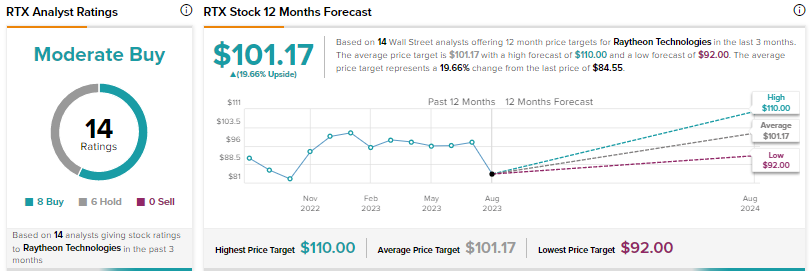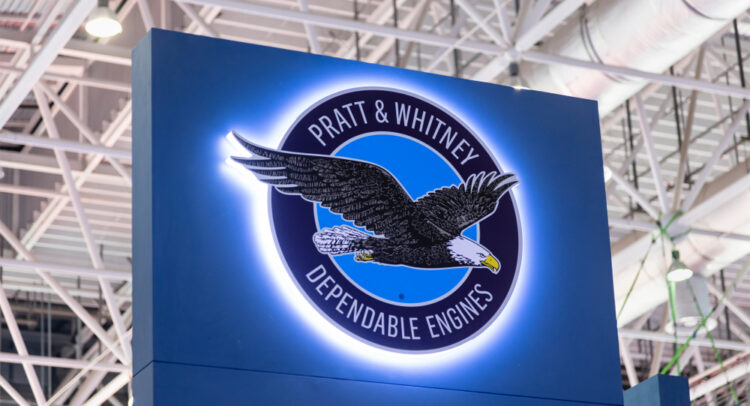The recall of hundreds of jet engines by Pratt & Whitney, a unit of aerospace and defense company RTX Corporation (NYSE:RTX), is set to hit airlines in the U.S., Europe, and Asia, causing them to reduce some flights and routes to inspect affected aircraft, the Wall Street Journal reported. Shares of RTX, formerly known as Raytheon Technologies, have declined more than 16% year-to-date.
Meet Your ETF AI Analyst
- Discover how TipRanks' ETF AI Analyst can help you make smarter investment decisions
- Explore ETFs TipRanks' users love and see what insights the ETF AI Analyst reveals about the ones you follow.
Pratt & Whitney’s Engine Woes Impacts Airlines
RTX stock tumbled in late July when the company announced the inspection of 1,200 of more than 3,000 engines, built for the twin-engined Airbus (EADSY) A320neo between 2015 and 2021, to check for microscopic cracks due to a “rare condition” in the powder metal used to manufacture certain engine parts.
In particular, the company said that a portion of the PW1100G-JM engine fleet, which powers the A320neo, will require accelerated removals and inspections within the next nine to twelve months, including nearly 200 accelerated removals by mid-September. The remaining jets will be inspected over the next year. RTX reduced its 2023 cash flow estimate by $500 million to $400 billion due to this issue.
As per the Wall Street Journal, about 137 engines used on Airbus jets need to be inspected over the next several weeks. While this number is lower than the 200 expected initially, it is large enough to add to airlines’ troubles at a time when they are already facing staffing shortages, air-traffic control congestion, and capacity issues amid robust travel demand.
Last week, Spirit Airlines (NYSE:SAVE) said that it would begin pulling the affected engines from service after Labor Day, causing the removal of seven Airbus A320neo aircraft from scheduled service. The company cautioned that the engine problems could impact its ability to add more flights next year.
Similarly, Hawaiian Airlines [its parent company is Hawaiian Holdings (NASDAQ:HA)] said that it would cancel some routes and flights in the wake of engine inspections. JetBlue (NASDAQ:JBLU) in the U.S., Germany’s Lufthansa, and Mexico’s Volaris are also contemplating a potential reduction in the number of flights.
Overall, the manufacturing defect related to Pratt & Whitney’s geared turbofan or GTF engines is expected to impact leading players in the aerospace and defense sector. The GTF engines gained popularity as they lower fuel consumption by 15% and have low emissions.
There is also a risk of RTX facing a potential multi-billion dollar bill due to recalls and inspections. Pratt & Whitney is a key division for RTX and accounted for more than 30% of its overall sales in 2022.
Is RTX a Buy or Sell?
On July 27, Bank of America analyst Ronald Epstein downgraded RTX to Hold from Buy and slashed the price target to $95 from $120. Epstein noted that RTX’s announcement of accelerated inspections by Pratt & Whitney is in addition to the prior durability concerns associated with the GTF engine.
The analyst feels that RTX’s 2025 free cash flow target “seems far from possible” at the current rate, given the issues related to Pratt & Whitney.
Wall Street is cautiously optimistic on RTX stock, with a Moderate Buy consensus rating based on eight Buys and six Holds. The average price target of $101.17 implies about 20% upside.

















